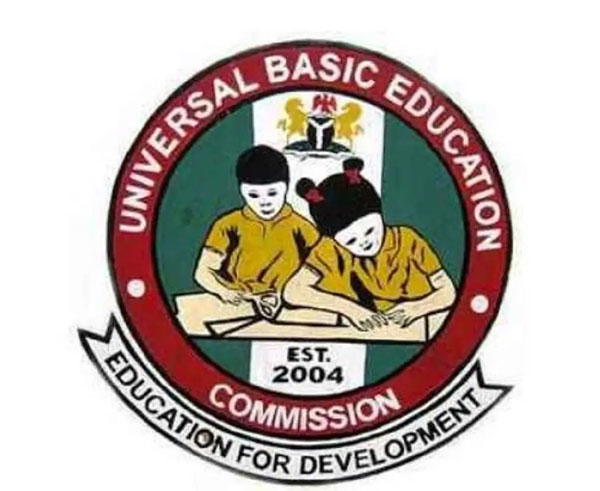UBEC records milestones in basic education reforms

…27 states access N121bn untouched grants
…Launches N22bn teachers’ dev grant
By Adesina Wahab
The Executive Secretary of the Universal Basic Education Commission (UBEC), Aisha Garba, has reaffirmed the Commission’s commitment to bridging the gap between planning and performance in Nigeria’s basic education sector towards ensuring access to quality education for every Nigerian child.
Delivering her remarks at the 27th Quarterly Meeting of UBEC Management with Executive Chairmen of State Universal Basic Education Boards (SUBEBs), in Lagos on Monday, Garba highlighted the significant strides made in reforming and repositioning the sector, noting that progress recorded so far is only a first step towards achieving greater impact.
Key achievements she outlined include:
Revision of the UBEC Matching grant formula to improve data-driven resource allocation, equity, and accountability.
Improving states’ access to financing for basic education through the UBEC matching grants; 27 out of the 36+1 states have accessed part of the ₦121 billion un-accessed matching grants backlogs from 2024, representing a 65% increase in access to finance.
Revamp of the two-decade-old Basic Education Action Plan (BEAP) template and process to promote needs-based planning and accelerate implementation.
Expansion of school infrastructure nationwide, with 4,900 classrooms constructed, 3,000 renovated, and 354,000 units of furniture supplied, directly benefiting over 2.3 million learners in 2025 alone.
Launch of Nigeria’s largest teacher development programme with a ₦ 22 billion investment in teacher capacity building to enhance teaching and learning outcomes.
Digitizing quality assurance monitoring, with over 500 officers trained to use real-time electronic monitoring tools.
She emphasized that while these reforms represent significant progress, they must be consolidated through stronger accountability and performance management systems.
“Our sector is not lacking in sound policies and robust plans for basic education. The real challenge is translating these plans into tangible outcomes. Too often, we see a disconnect between planning and performance, largely due to poor coordination, weak institutional capacity, inconsistencies in financial management, and limited mechanisms to track progress and adjust programmes,” Garba stated.
She noted that this reality informed the theme of the 27th Quarterly Meeting ‘Bridging the Gap Between Planning and Performance Towards Achieving Quality Basic Education’, describing it as both timely and urgent.
“If we are to move from aspirations to impact, UBEC cannot do this work alone. Only through state-level collaboration, commitment, and consistency can we ensure that every Nigerian child not only has access to education but also receives the quality learning they deserve,” she added.
In his remarks, the Dean of SUBEB Chairmen, Prof. Shehu Raheem Adaramaja, emphasized the importance of evidence-based planning, digital tools, and data-driven decision-making in strengthening basic education delivery. He urged SUBEBs and UBEC to conduct regular assessments to track learners’ progress and ensure that schools are adequately equipped with classrooms, libraries, technology, and learning materials.
The meeting concluded with a renewed commitment from UBEC and SUBEBs to align strategies, strengthen accountability mechanisms, and work collectively toward achieving quality basic education for every Nigerian child.
The post UBEC records milestones in basic education reforms appeared first on Vanguard News.

 yarkarkara
yarkarkara 





